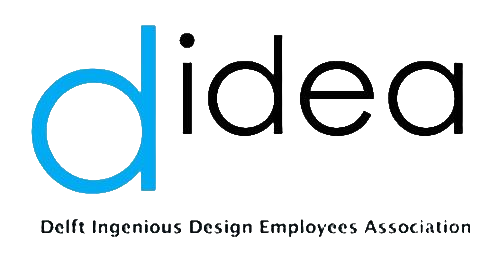The individual design project is the most significant event undertaken in the development of a PDEng trainee. Salim Şimşek, a trainee in Bioprocess Engineering has completed his project, titled N-1 Perfusion and High Seed Production and facilitated by the Janssen Pharmaceutical Companies of Johnson & Johnson, a leading pharmaceutical company focusing on immunology, cardiology, metabolics and oncology. The aim of Salim’s project is to assess the technical and economic feasibility of N-1 perfusion and high seed production technology, which aims to intensify the production process by increasing the seeding density of the production bioreactor. Higher seeding density in the production bioreactor increases the volumetric productivity which improves the bioreactor utilization and enables to diversify the product pipeline without a capital investment. With new technology, cell density is significantly increased in the N-1 step to achieve higher seeding density in the production bioreactor. New technology changes the operation mode of the N-1 (seed) bioreactor from fed-batch to continuous and employs an alternating tangential flow (ATF) filter in the N-1 step to retain the cells in the bioreactor as well as increase the feed rate. One major goal that Salim has achieved thus far is the design of the lab-scale proof-of-concept experiments, for which he developed scale-down models based on the assumed large scale operation. Moreover, he introduced a lab scale automated feeding strategy based on a model predicting the cell growth in the N-1 step. This strategy saves significant amount of media which is needed for the cell growth and improves the process robustness. The result of his
work in this area was a successful proof of concept. Following this, he developed a lab scale mass transfer model and performed conceptual scale up calculations for new technology. Salim continued his progress in this project by finalizing the techno-economic assessment of new technology. To achieve these goals, Salim relied on his technical knowledge in scale up/scale down, fermentation technology and techno-economic evaluation; however, he has found that his skills in project management have been his most useful tool. The key challenges that Salim faced in this project include handling changes in the project scope, which is a common occurrence in a dynamic company environment, as well as difficulty in stakeholders management.
